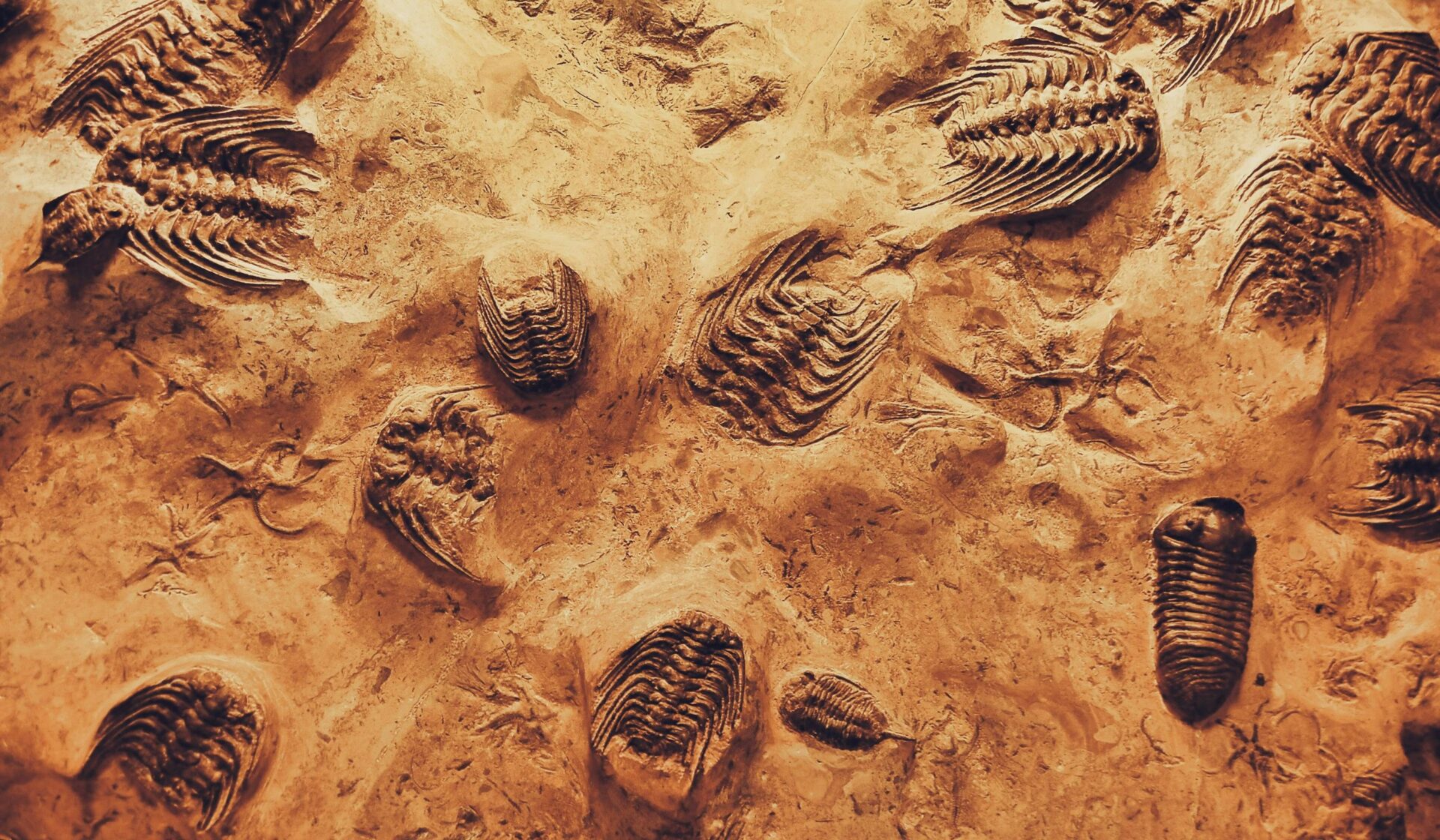Previous studies suggest animal life did not emerge on Earth until around 635 million years ago. New research claims to have found new evidence deep within rocks showing environmental conditions for animal life 2.1 billion years ago.
As it currently stands, animals first showed up on Earth around 635 million years ago. Or did they?
According to an international team of researchers, this previous estimate may need to be revised – by about 1.5 billion years, in fact.
During a new analysis of marine sedimentary rocks in the Franceville Basin off the west coast of Africa (that were deposited some 2.1 billion years ago), they discovered that the samples indicate increased phosphorus and oxygen in the seawater, which has formerly been linked to accelerations in evolution.
These elements were likely concentrated in the strange ancient rock formation from the collision of continental plates underwater, as well as volcanic activity.
The scientists found that there was a sudden, intense pull of phosphorous-rich water pouring into a section of the ocean floor, which created a ‘nutrient-rich shallow marine inland sea’ and provided a ‘laboratory’ where early complex life like large colonial macrofossils could have formed.
‘We think that the underwater volcanoes, which followed the collision and suturing of the Congo and São Francisco cratons into one main body, further restricted and even cut off this section of water from the global ocean to create a nutrient-rich shallow marine inland sea,’ said Earth scientist Ernest Chi Fru from Cardiff University in the United Kingdom.
The finding, published in the journal Precambrian Research, is evidence that environmental conditions for animal life existed all that time ago, yet the scientists say that the organisms were restricted to inland sea, did not spread globally, and eventually died out.
Though this does back up their theory, the idea is a significant departure from conventional thinking and not all scientists are in agreement.
‘I’m not against the idea that there were higher nutrients 2.1 billion years ago but I’m not convinced that this could lead to diversification to form complex life,’ said Professor Graham Shields at UCL.
However, with other studies suggesting that complex life may have arisen several times over the millennia – and scientists still working to pin down which types of life evolved when – the theory isn’t too much of a long-shot. But more evidence will be needed to support it.
‘We already know that increases in marine phosphorus and seawater oxygen concentrations are linked to an episode of biological evolution around 635 million years ago,’ said Chi Fru.
‘Our study adds another, much earlier episode into the record, 2.1 billion years ago.’

















